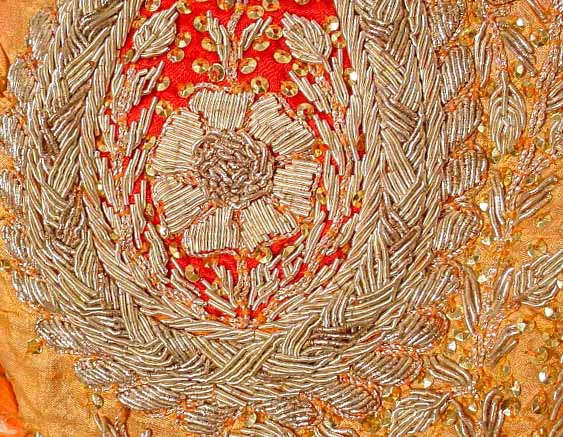===
0108,
3
===

=== |
 |
FWP:
SETS == IZAFAT
MOTIFS == HOME; SCRIPT EFFECTS
NAMES
TERMSThe first line makes excellent use of its two possible, but not compulsory, izafat constructions:
mashhūr-e shahr ḳhūbāñ , 'famous in the city [are] beloveds'
mashhūr-e shahr-e ḳhūbāñ , 'famous in the city of beloveds'
mashhūr shahr-e ḳhūbāñ , 'famous [is] the city of beloveds'
The first reading is the most obvious; the second is also cited by SRF. The third reading is grammatically as possible as the others. (For semantic reasons, the line basically can't be read with no izafat.)
The deceptive quality of mashhūr and shahr is also enjoyable. The two are juxtaposed, so that we're invited to notice that they sound, and look in their spelling, as though they should come from the same three-letter Arabic root. But in fact they don't: mashhūr is Arabic and is indeed derived from the root shahr meaning 'to make conspicuous or notorious' (Platts p.1040). But shahr meaning 'city' is Persian, and is ultimately derived from a cognate of the Sanskrit kshetra , 'field' (Platts p.738).
The first line is full of such grammar games and word games, while the second line is arranged for contrast: radical simplicity, mostly short Indic words, no attempt at cleverness. Thus the effect of stark sincerity and unadorned suffering is all the more poignant.